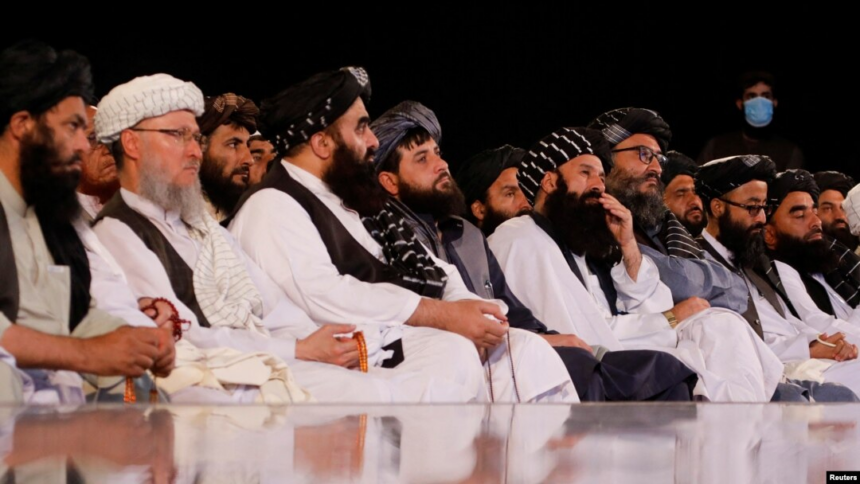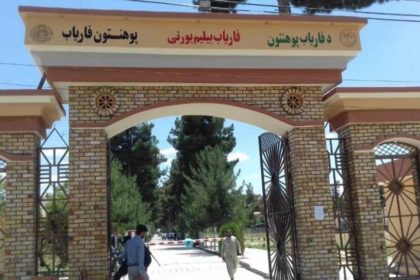RASC News Agency: At a United Nations Security Council session on Afghanistan held on Wednesday, September 17, senior American and UN officials voiced sharp criticism of the Taliban’s regressive policies and their refusal to honor international obligations. While underscoring the necessity of continued engagement with the Afghanistani people, the discussions reflected deepening global frustration over the Taliban’s persistent defiance of international norms.
John Kelley, Acting U.S. Representative to the United Nations, declared that the Taliban’s actions have failed to produce any durable outcomes from international aid and engagement. He stressed that Washington evaluates the Taliban by its deeds, not its rhetoric. According to Kelley, there is little indication of good faith or genuine cooperation on the part of the Taliban, whose rule remains defined by repression, ideological rigidity, and contempt for the Afghanistani population.
The U.S. envoy underscored profound doubts about the Taliban’s willingness to uphold their international commitments, including counterterrorism obligations outlined in the Doha process. “One cannot trust a group that continues to detain innocent American citizens, refuses to implement its counterterrorism promises, and disregards the basic needs of the Afghanistani people,” Kelley stated.
He further condemned the Taliban’s draconian restrictions on female humanitarian workers, arguing that these policies crippled the international community’s ability to respond effectively to the devastating earthquake that recently struck Afghanistan. “Instead of alleviating suffering, the Taliban have chosen policies that multiply human misery,” Kelley said, stressing that Washington’s foremost priorities in Afghanistan are the protection of its citizens, the reduction of terrorism threats, and the release of detainees. He urged the Security Council to pressure the Taliban into responsible behavior to prevent Afghanistan from once again becoming a haven for global terrorism.
In her final address before concluding her mission, Roza Otunbayeva, the UN Secretary-General’s Special Representative for Afghanistan and Head of UNAMA, echoed the call for sustained global engagement with the Afghanistani people despite the Taliban’s obstructionist policies. She emphasized that the majority of Afghanistani citizens yearn to maintain ties with the international community, even as the Taliban systematically isolates the country. Otunbayeva expressed hope for pathways to preserve such engagement in ways that yield tangible benefits especially for women and girls, whose rights have been brutally erased by the Taliban.
Yet she did not soften her criticism of the Taliban’s gender apartheid. Denouncing the closure of girls’ schools for three and a half years, she warned that an entire generation now stands on the brink of being lost. “This decision carries long-term consequences for Afghanistan, breeding disillusionment and hopelessness across society,” she said.
Otunbayeva also raised concerns about the Taliban’s failure to address Afghanistan’s overlapping crises, including economic collapse, the forced return of refugees, and intensifying drought. She questioned whether Taliban leaders possess the pragmatism necessary to manage such emergencies or whether their rigid ideological agenda will continue to obstruct any sustainable solutions.
The Security Council’s deliberations once again highlighted the central dilemma facing the international community: how to support the Afghanistani people without legitimizing a regime that thrives on repression, violates international law, and systematically dismantles the foundations of modern statehood.






